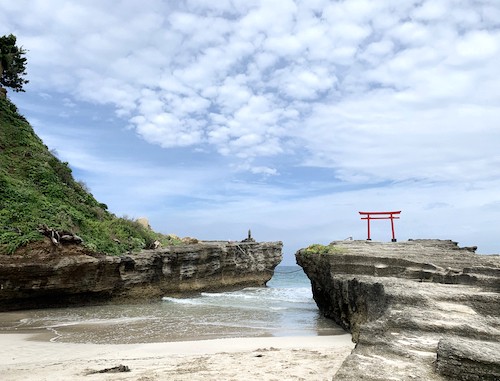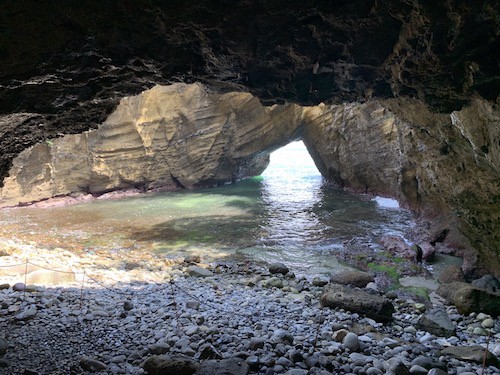
Why Japanese culture is what it is, in a word
That word: geography
It’s Sea Day today, July 23, 2020. A Japanese national holiday specially dedicated to celebrating our oceans. It’s a bit different from an American Earth Day, because Japanese citizens get an entire day off work and school, in name of honoring our oceans.
For all its big cities and modern architecture, I sometimes forget that Japan is an island nation. Surrounded by the sea, the ocean is both a gift and a hardship, but it has undoubtedly shaped Japan’s culture and values in ways that are both obvious, and not so obvious.

I was recently asked a question by a reader about the tendency for the average Japanese person to be a “foodie”, and the aesthetic and intricacy of Japanese food — images of kaiseki ryori and wagashi, and even everyday meals like teishoku-style meals, or carefully organized bento boxes come to mind. But where did this respect for food come from?
I immediately thought of the seasonal relationship Japanese cuisine has with its environment. Japan’s relationship with food is rooted a lot in its history with Buddhism and Shintoism, and these beliefs are highly interconnected with nature. Being an island nation, it’s unsurprising for this relationship to develop — many island cultures share a similar respect and fear of the nature which they rely upon.
A diet rich in seafood and sea vegetables, food which is caught and harvested from the wild, not grown, reinforces gratitude. It marks the difference from countries with temperate weather where food is easily cultivated and accessible: there, it is a source of joy and celebration in its culture, but when food sourcing is volatile and worked for in teams, it’s cherished.

Looking beyond the fact that being an island nation means a diet rich in seafood, Japan’s geography has also forced it to form into a disciplined society which places primary importance on community over the individual, a necessity if it were to survive intense weather and frequent natural disasters. While there are caveats to these principles, I believe that a culture which takes on personal responsibility for the benefit of the community has allowed it to mitigate coronavirus better than its western counterparts, something I feel particularly thankful for right now.
Historically, Japan’s geography has created a tradition of deep respect for nature and spirits, and a communal responsibility to take care of and protect these reserves. These are special island relationships that continental countries, even coastal ones, might not quite share. So to the ocean, I say thank you for your gifts, as it’s been a great pleasure of mine to uncover the lessons you’ve shared in shaping Japan. There’s more to learn about the role you’ve played, but right now I feel very thankful for your presence.

If you enjoyed this, let me know at my email kokumura@kakikata.space! I would love to hear from you and any stories you might have to share about your relationship with our oceans 😊 Take care! – Kaki